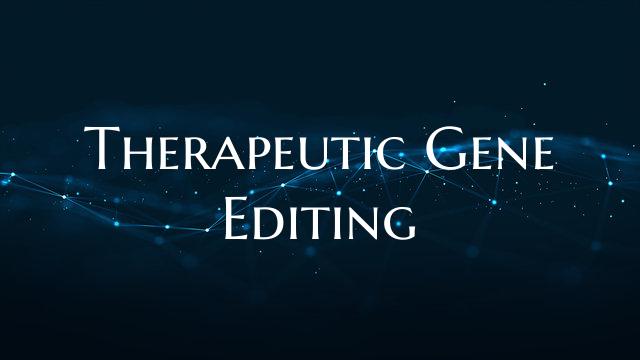Therapeutic Gene Editing
Gene editing technology has ushered in a new era of medical treatments that hold immense promise in the field of healthcare. Therapeutic gene editing involves using precision tools to modify DNA sequences, allowing for targeted corrections of genetic mutations that cause various diseases. This breakthrough technology offers the possibility of personalized therapies that can effectively treat genetic disorders at their root cause.
One of the key advantages of therapeutic gene editing is its potential to correct genetic mutations responsible for inherited diseases. By directly targeting specific genes, scientists can potentially eliminate the faulty genetic code and restore normal gene function. This opens up unprecedented possibilities for treating genetic conditions such as sickle cell anemia, cystic fibrosis, and muscular dystrophy, among others.
Moreover, therapeutic gene editing also holds promise for the treatment of complex diseases such as cancer. Gene editing techniques can be used to modify immune cells to better target and destroy cancer cells, enhancing the body's natural defenses against the disease. This personalized approach to cancer treatment has the potential to revolutionize oncology by offering more effective and targeted therapies with fewer side effects.
Another major application of therapeutic gene editing is in the realm of regenerative medicine. By manipulating the genetic code of stem cells, scientists can potentially regenerate damaged tissues and organs, offering new hope for patients with conditions such as heart disease, spinal cord injuries, and degenerative disorders.
Despite its immense potential, therapeutic gene editing also raises ethical and safety concerns. Ensuring the accuracy and specificity of gene editing tools is crucial to avoid unintended genetic changes or off-target effects. Ethical considerations regarding the use of gene editing in humans, especially in germline editing, also require careful deliberation to balance the potential benefits with the risks involved.
In conclusion, therapeutic gene editing represents a groundbreaking technology that has the potential to revolutionize medical treatments across a wide range of diseases. By targeting the root cause of genetic disorders, enhancing cancer therapies, and paving the way for regenerative medicine, gene editing offers new avenues for personalized and effective healthcare interventions. With continued research and ethical oversight, therapeutic gene editing holds the promise of transforming the landscape of medicine and improving the lives of countless individuals.

